Home>Gardening & Outdoor>Landscaping Ideas>How To Keep Fake Grass Cool
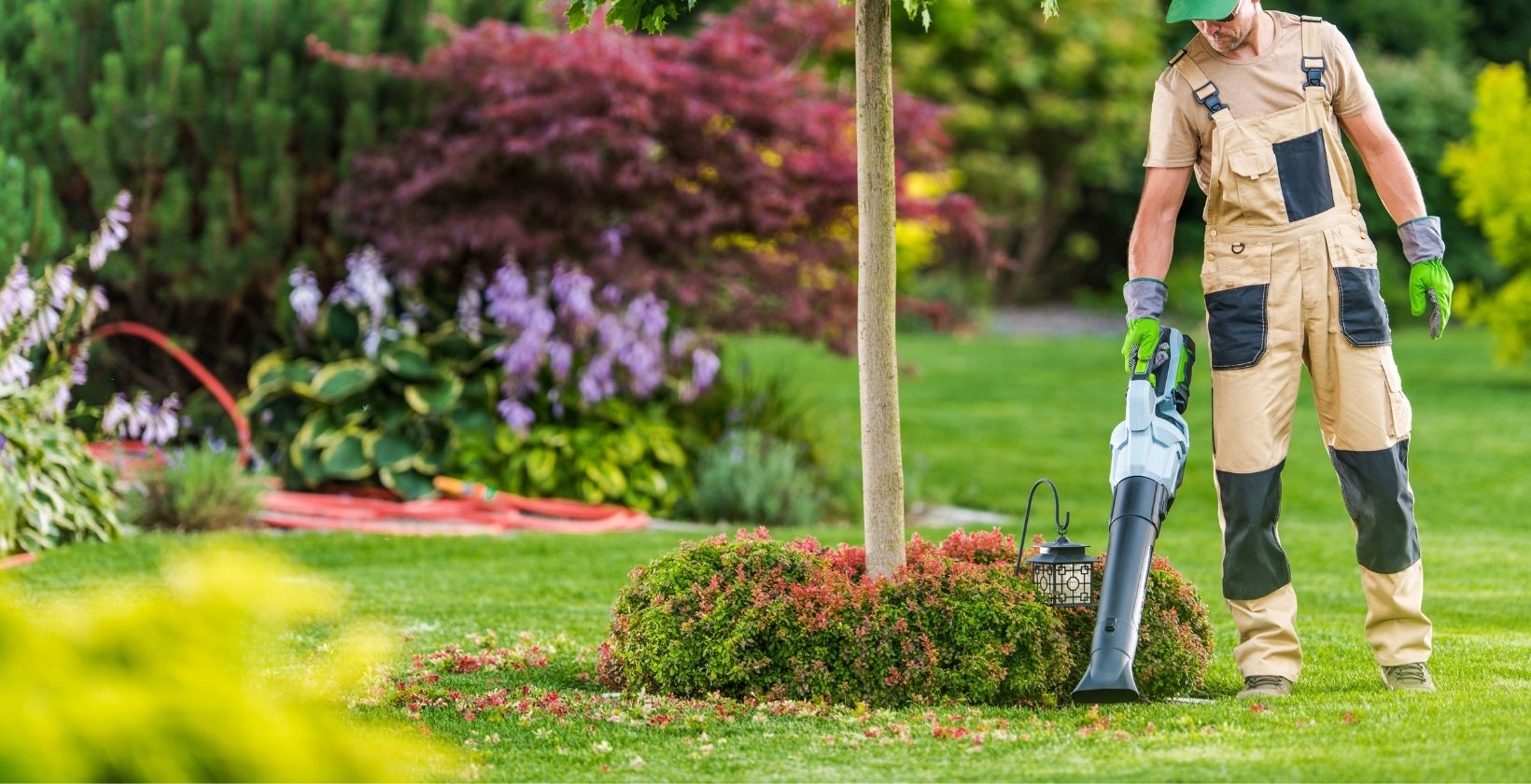

Landscaping Ideas
How To Keep Fake Grass Cool
Modified: March 21, 2024
Learn effective landscaping ideas to keep fake grass cool in your outdoor space. Discover tips and techniques for maintaining the perfect temperature for your artificial turf. Improve your yard with these expert suggestions!
(Many of the links in this article redirect to a specific reviewed product. Your purchase of these products through affiliate links helps to generate commission for Storables.com, at no extra cost. Learn more)
Introduction
Welcome to the world of artificial grass, where lush green lawns can be enjoyed without the hassle of constant watering, mowing, and fertilizing. However, one common concern that homeowners often have about synthetic turf is its potential to become uncomfortably hot, especially in warm climates. The good news is that there are several effective strategies to keep fake grass cool and pleasant for all to enjoy.
In this comprehensive guide, we will explore the various aspects of maintaining a cool synthetic lawn. From understanding the issue at hand to selecting the right materials, implementing proper installation techniques, and incorporating regular maintenance and additional cooling measures, we will cover everything you need to know to ensure that your artificial grass remains cool and inviting throughout the year.
So, whether you’re considering installing artificial turf or already have it in place and want to optimize its comfort, join us as we delve into the world of keeping fake grass cool.
Key Takeaways:
- Choose advanced, heat-reflective artificial grass materials with UV-stabilized fibers and cooling infill options to keep fake grass cool and create a comfortable outdoor space.
- Implement proper installation techniques, regular maintenance, and additional cooling measures such as shade structures and outdoor fans to enhance the coolness and usability of artificial grass for a welcoming outdoor environment.
Read more: What Is Fake Grass
Understanding the Issue
Artificial grass, like any synthetic material, has the potential to absorb and retain heat, leading to elevated surface temperatures. This can be particularly problematic in regions with high temperatures and intense sunlight, where the heat retention of synthetic turf can make it uncomfortable to walk or play on.
The primary reason for the heat retention in fake grass is the composition of the materials used in its construction. Synthetic turf is typically made from polyethylene or polypropylene fibers, which can absorb heat and become hot to the touch when exposed to direct sunlight. Additionally, the infill materials used in artificial grass, such as rubber or sand, can also contribute to heat retention.
Understanding the issue of heat retention in artificial grass is crucial for implementing effective cooling strategies. By recognizing the factors that contribute to elevated temperatures, homeowners can make informed decisions when selecting materials and techniques to mitigate heat buildup and create a more comfortable outdoor environment.
Now that we’ve gained insight into the factors contributing to heat retention in fake grass, let’s explore the steps you can take to address this issue and ensure a cooler, more enjoyable synthetic lawn experience.
Choosing the Right Material
When it comes to keeping fake grass cool, the choice of materials plays a significant role in determining the overall temperature of the synthetic lawn. Opting for advanced, heat-resistant artificial turf materials can help mitigate heat buildup and create a more comfortable outdoor space. Here are some key factors to consider when selecting artificial grass materials:
- Heat-Reflective Technology: Look for artificial grass products that incorporate heat-reflective technology. These advanced materials are designed to minimize heat absorption, resulting in a cooler surface temperature compared to traditional synthetic turf.
- UV-Stabilized Fibers: Choose artificial grass with UV-stabilized fibers, which are engineered to resist the degrading effects of sunlight exposure. This helps maintain the integrity of the turf and reduces heat retention.
- Cooling Infill Options: Explore cooling infill options, such as organic infills or specialized cooling infill materials designed to dissipate heat more effectively than traditional infill choices.
- Permeable Backing: Consider artificial grass with a permeable backing that allows for better drainage and improved air circulation. Enhanced breathability can contribute to a cooler turf surface.
By prioritizing these features when selecting artificial grass materials, homeowners can proactively address the issue of heat retention and create a more comfortable outdoor environment for their families and pets to enjoy.
Proper Installation Techniques
Effective installation techniques are essential for optimizing the cooling properties of artificial grass and ensuring a comfortable outdoor space. Proper installation not only enhances the overall performance and longevity of synthetic turf but also contributes to minimizing heat buildup. Here are key considerations for ensuring proper installation:
- Professional Installation: Engage experienced professionals to install the artificial grass, ensuring that it is laid out correctly with attention to detail. Professional installers have the expertise to optimize the cooling aspects of synthetic turf during the installation process.
- Quality Base Material: Use high-quality base materials, such as crushed rock or decomposed granite, to create a stable and well-draining foundation for the artificial grass. A well-prepared base can contribute to better heat dissipation.
- Proper Drainage System: Ensure that the drainage system is carefully designed and installed to prevent water accumulation beneath the synthetic turf. Adequate drainage can help regulate soil moisture and contribute to a cooler surface temperature.
- Strategic Shading: If possible, strategically plan the installation to take advantage of natural shading from trees or structures. Incorporating shaded areas can help reduce direct sunlight exposure and minimize heat retention on the artificial grass.
By adhering to these proper installation techniques, homeowners can maximize the cooling potential of their artificial grass, creating a more enjoyable and comfortable outdoor environment for various activities and leisure pursuits.
To keep fake grass cool, water it regularly to reduce surface temperature. Additionally, consider using a light-colored infill material to reflect sunlight and reduce heat absorption.
Regular Maintenance
Maintaining a cool and inviting artificial grass surface requires regular care and attention to ensure optimal performance and comfort. By implementing consistent maintenance practices, homeowners can mitigate heat retention and preserve the cooling properties of their synthetic turf. Here are essential maintenance measures to keep fake grass cool:
- Regular Rinsing: Periodically rinse the artificial grass surface with water to remove dust, dirt, and debris. This simple practice can help cool the turf and prevent the accumulation of heat-absorbing particles.
- Brushing and Fluffing: Use a stiff brush or a specialized turf grooming tool to regularly brush and fluff the synthetic grass fibers. This promotes airflow and reduces heat buildup by preventing matting and compaction.
- Appropriate Watering: If the synthetic turf is designed with a cooling system, follow the manufacturer’s guidelines for proper watering. Adequate hydration can contribute to maintaining a cooler surface temperature.
- Debris Removal: Promptly remove any organic debris, such as leaves and twigs, from the artificial grass to prevent heat retention and maintain a clean and comfortable outdoor space.
- Surface Protection: Use protective mats or rugs in high-traffic areas to minimize direct exposure to intense sunlight, especially during peak heat hours. This can help reduce localized heat buildup on the artificial turf.
By incorporating these regular maintenance practices into their routine, homeowners can effectively manage the temperature of their synthetic lawn, ensuring a cool and enjoyable outdoor environment for relaxation, recreation, and social gatherings.
Read more: How To Cut Fake Grass To Size
Additional Cooling Measures
In addition to selecting the right materials, implementing proper installation techniques, and maintaining the artificial grass, homeowners can explore supplementary cooling measures to further enhance the comfort and usability of their synthetic turf. These additional strategies can contribute to a cooler and more inviting outdoor space. Here are some effective cooling measures to consider:
- Shade Structures: Install pergolas, umbrellas, or shade sails to create shaded areas over the artificial grass, reducing direct sunlight exposure and minimizing heat retention.
- Cooling Fans and Misters: Incorporate outdoor cooling fans or misting systems to create a refreshing breeze and lower the ambient temperature, enhancing the comfort of the synthetic lawn.
- Artificial Turf Coolants: Explore specialized cooling products designed for artificial grass, such as turf coolants or surface coatings that can help reduce surface temperatures and enhance the coolness of the synthetic turf.
- Strategic Landscaping: Integrate landscaping elements, such as trees, shrubs, and strategic plantings, to provide natural shade and improve air circulation around the artificial grass area.
- Outdoor Flooring Options: Consider incorporating permeable outdoor flooring materials, such as interlocking pavers or permeable tiles, in conjunction with the artificial grass to create a cooler overall outdoor environment.
By embracing these additional cooling measures, homeowners can create a more comfortable and enjoyable outdoor living space, maximizing the coolness and usability of their artificial grass while enhancing the overall appeal of their property.
Conclusion
As we conclude our exploration of keeping fake grass cool, it’s evident that maintaining a comfortable and inviting synthetic lawn involves a combination of thoughtful material selection, proper installation techniques, regular maintenance, and supplementary cooling measures. By understanding the factors contributing to heat retention in artificial grass and implementing proactive strategies, homeowners can create a cooler and more enjoyable outdoor environment for their families, pets, and guests to appreciate.
From choosing advanced, heat-reflective materials and UV-stabilized fibers to engaging professional installers and incorporating regular rinsing, brushing, and appropriate watering, each step contributes to the overall cooling effectiveness of artificial turf. Furthermore, exploring additional cooling measures, such as shade structures, outdoor cooling systems, and strategic landscaping, can further enhance the comfort and usability of the synthetic lawn, ensuring a welcoming outdoor space throughout the year.
By embracing these comprehensive approaches and maintaining a balance between functionality and aesthetics, homeowners can transform their outdoor areas into cool, vibrant, and inviting extensions of their living spaces. Whether it’s creating a comfortable play area for children, a relaxing spot for outdoor gatherings, or a pet-friendly environment, artificial grass can offer a low-maintenance and visually appealing solution when combined with effective cooling strategies.
As advancements in artificial turf technology continue to evolve, homeowners have an array of innovative options to create cool and sustainable outdoor landscapes that enhance their quality of life. By staying informed about the latest developments and best practices in artificial grass maintenance and cooling techniques, homeowners can make informed decisions to optimize the comfort and appeal of their synthetic lawns.
With a commitment to ongoing care and a thoughtful approach to creating a cool and welcoming outdoor oasis, homeowners can enjoy the benefits of artificial grass while ensuring a refreshing and enjoyable environment for their families and loved ones to savor for years to come.
Frequently Asked Questions about How To Keep Fake Grass Cool
Was this page helpful?
At Storables.com, we guarantee accurate and reliable information. Our content, validated by Expert Board Contributors, is crafted following stringent Editorial Policies. We're committed to providing you with well-researched, expert-backed insights for all your informational needs.
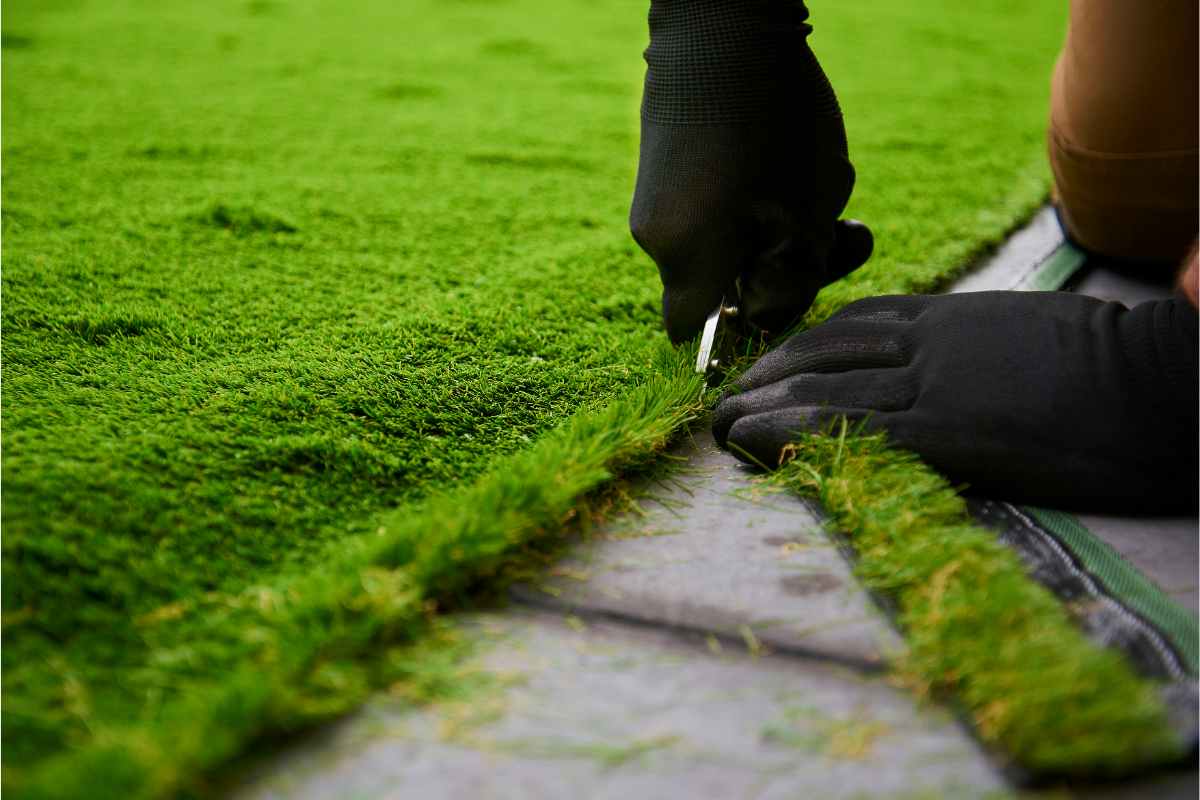
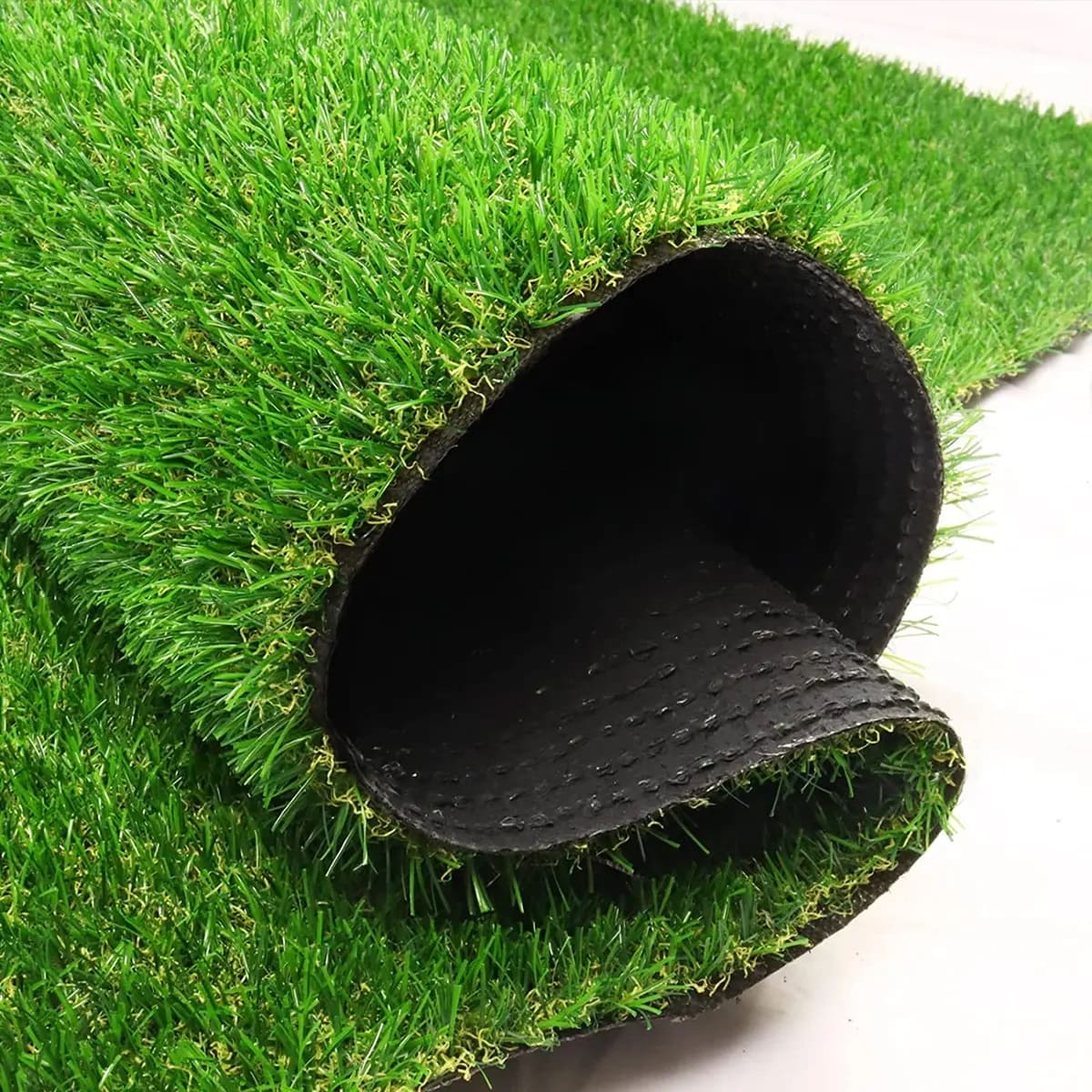
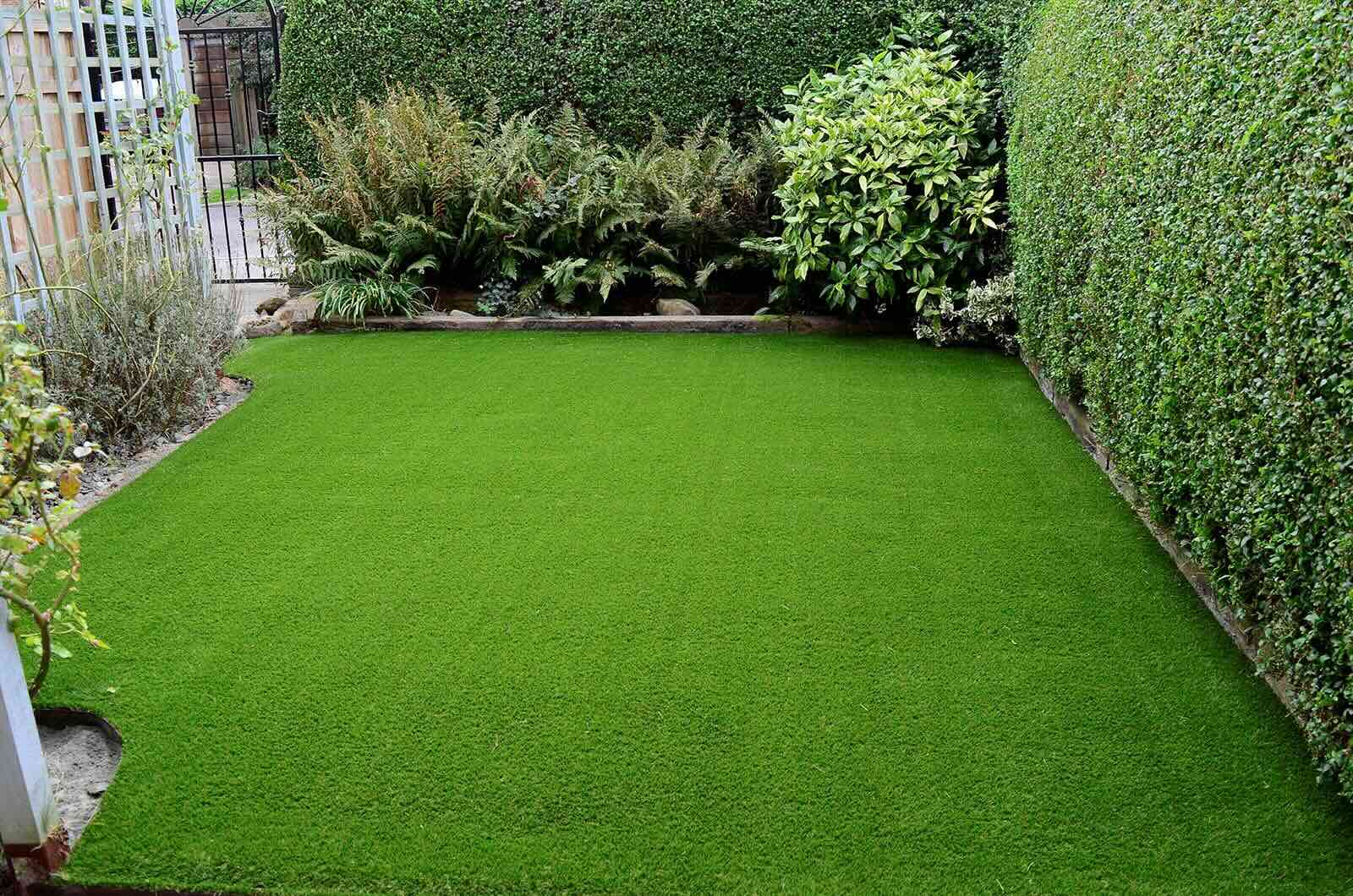
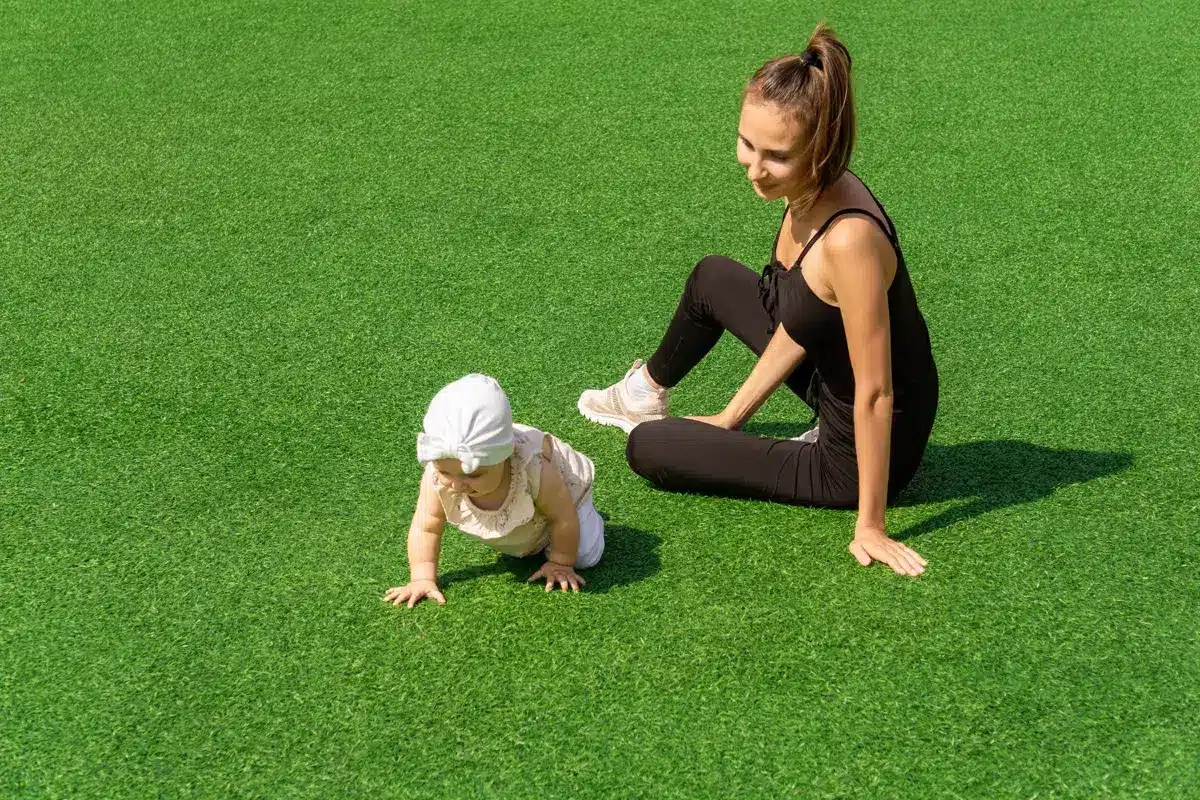
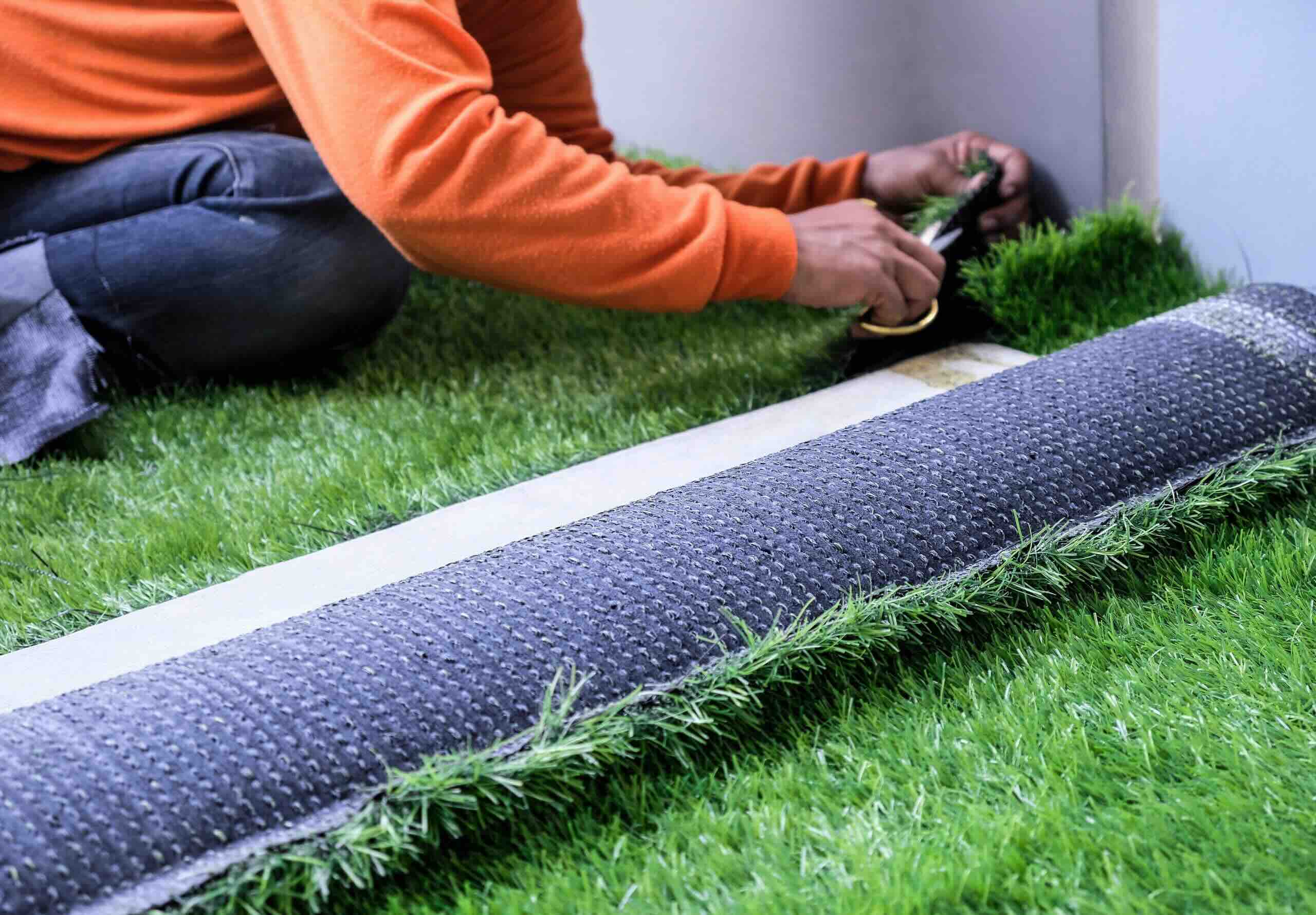
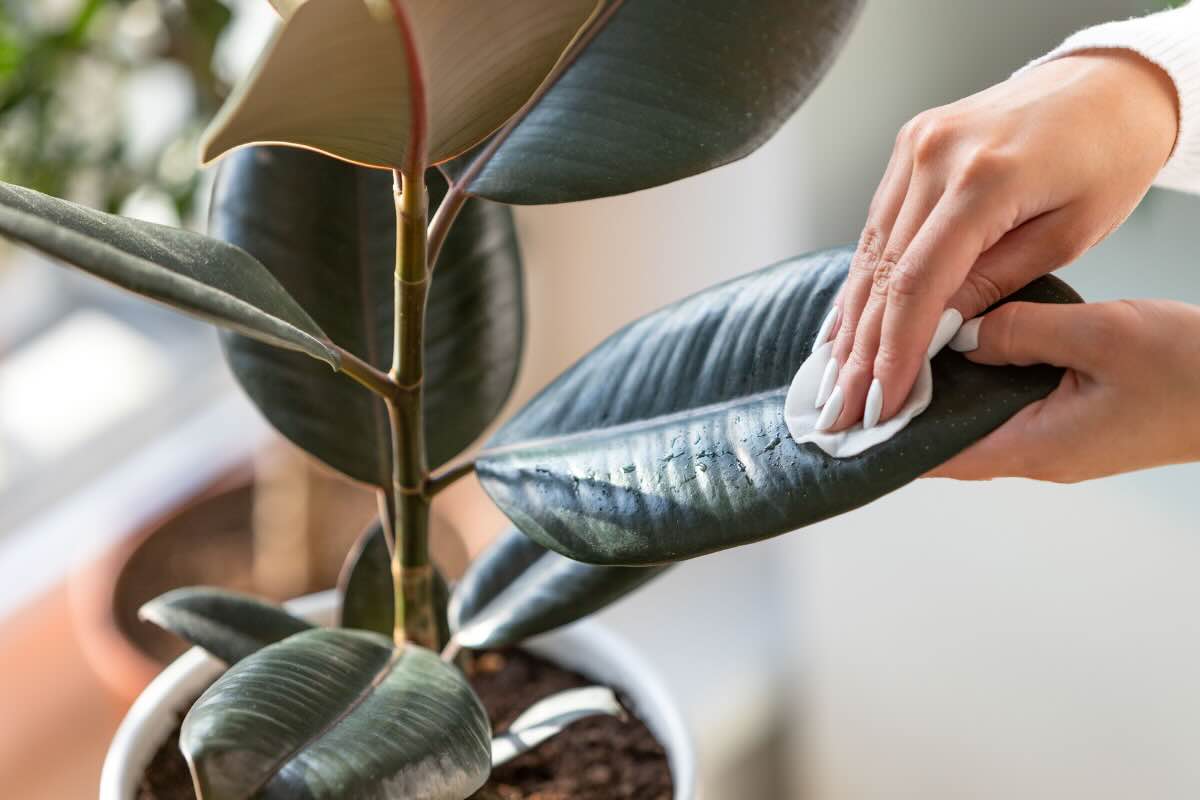
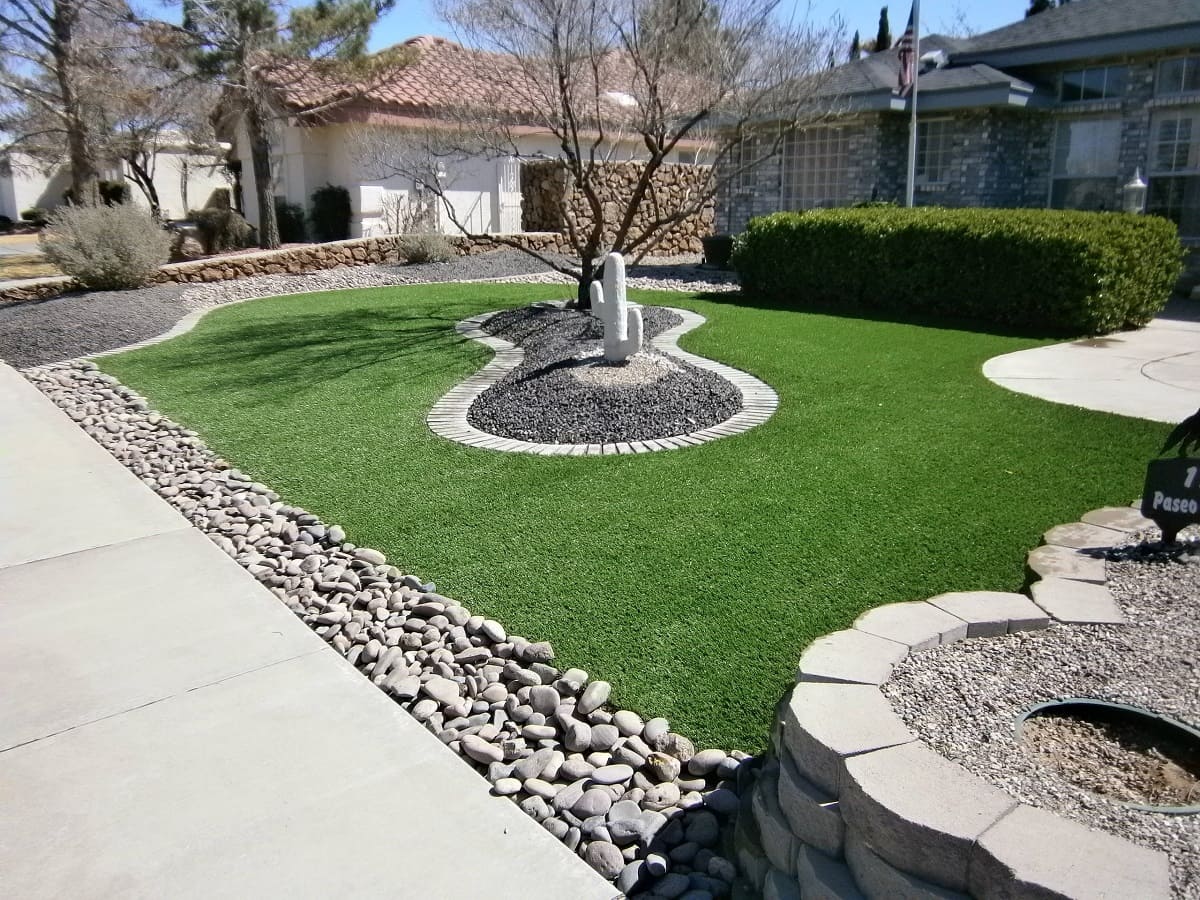
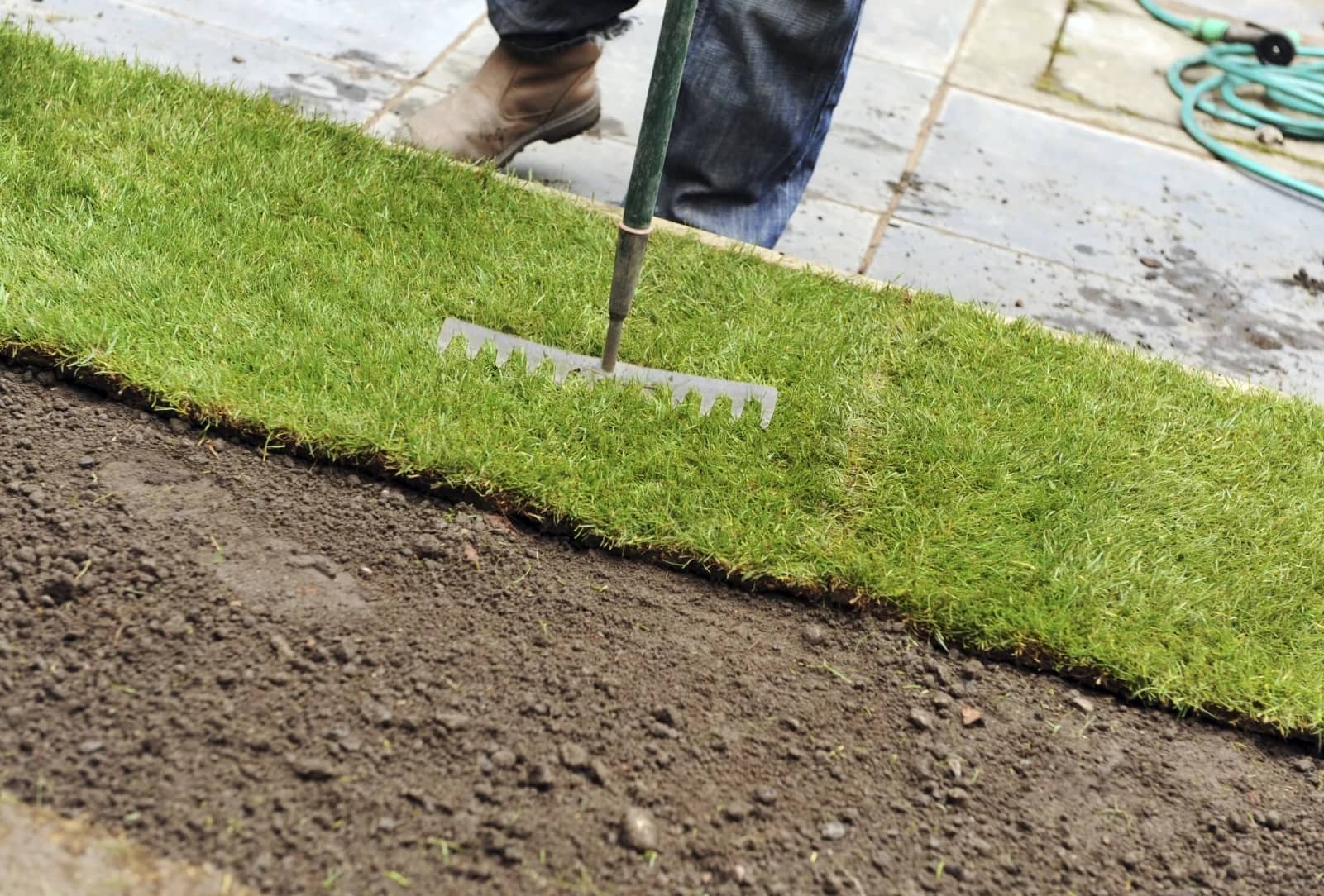
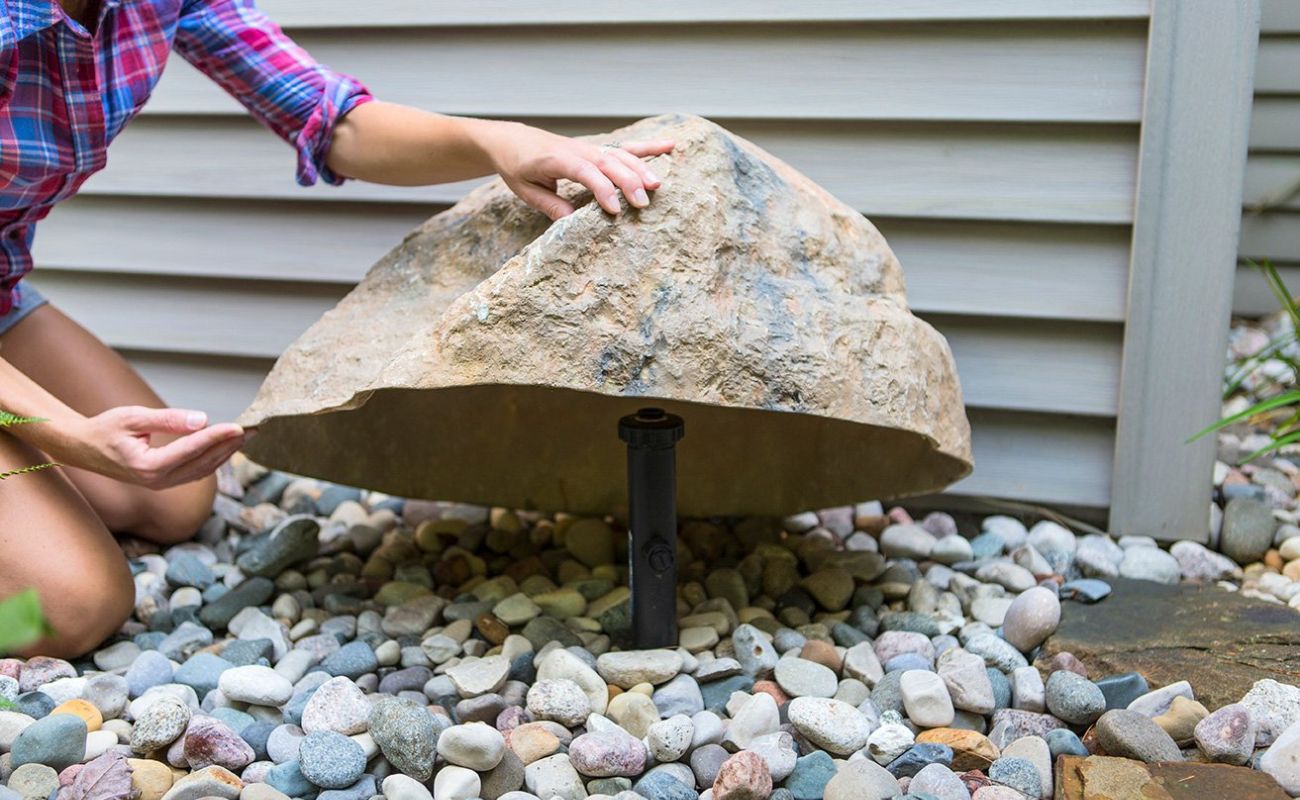
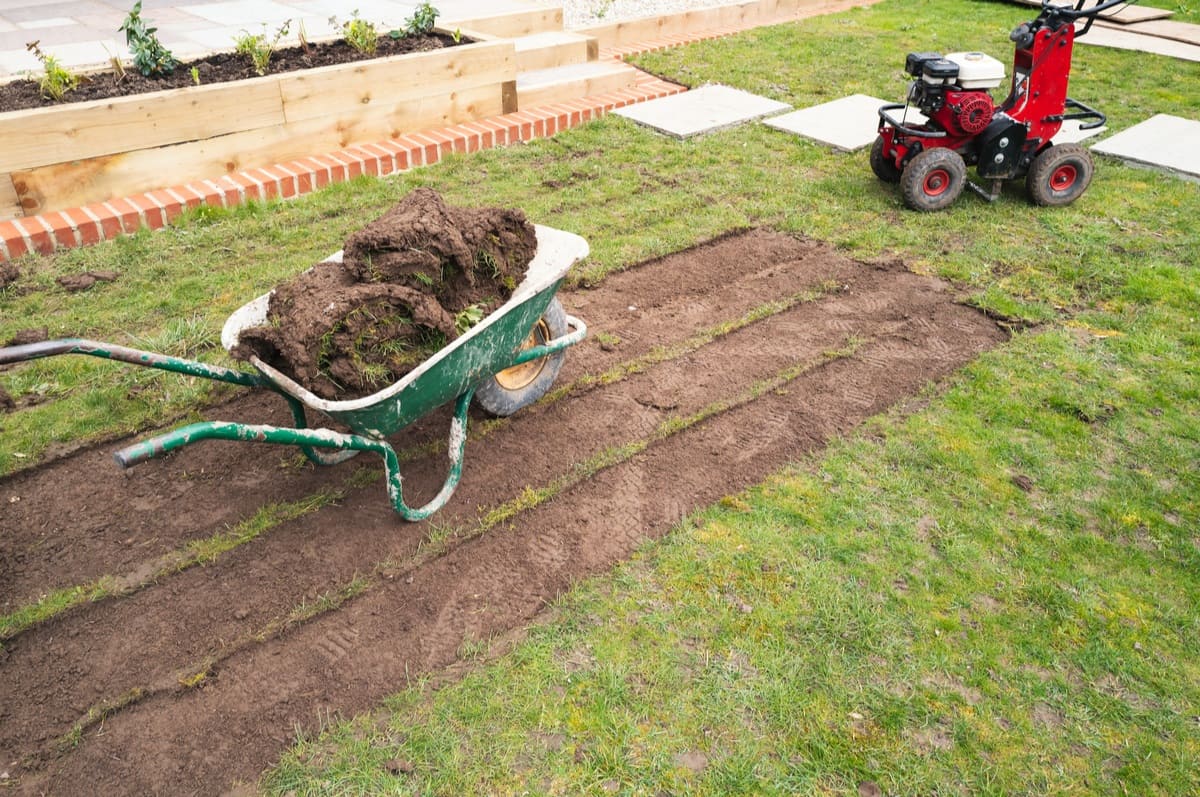
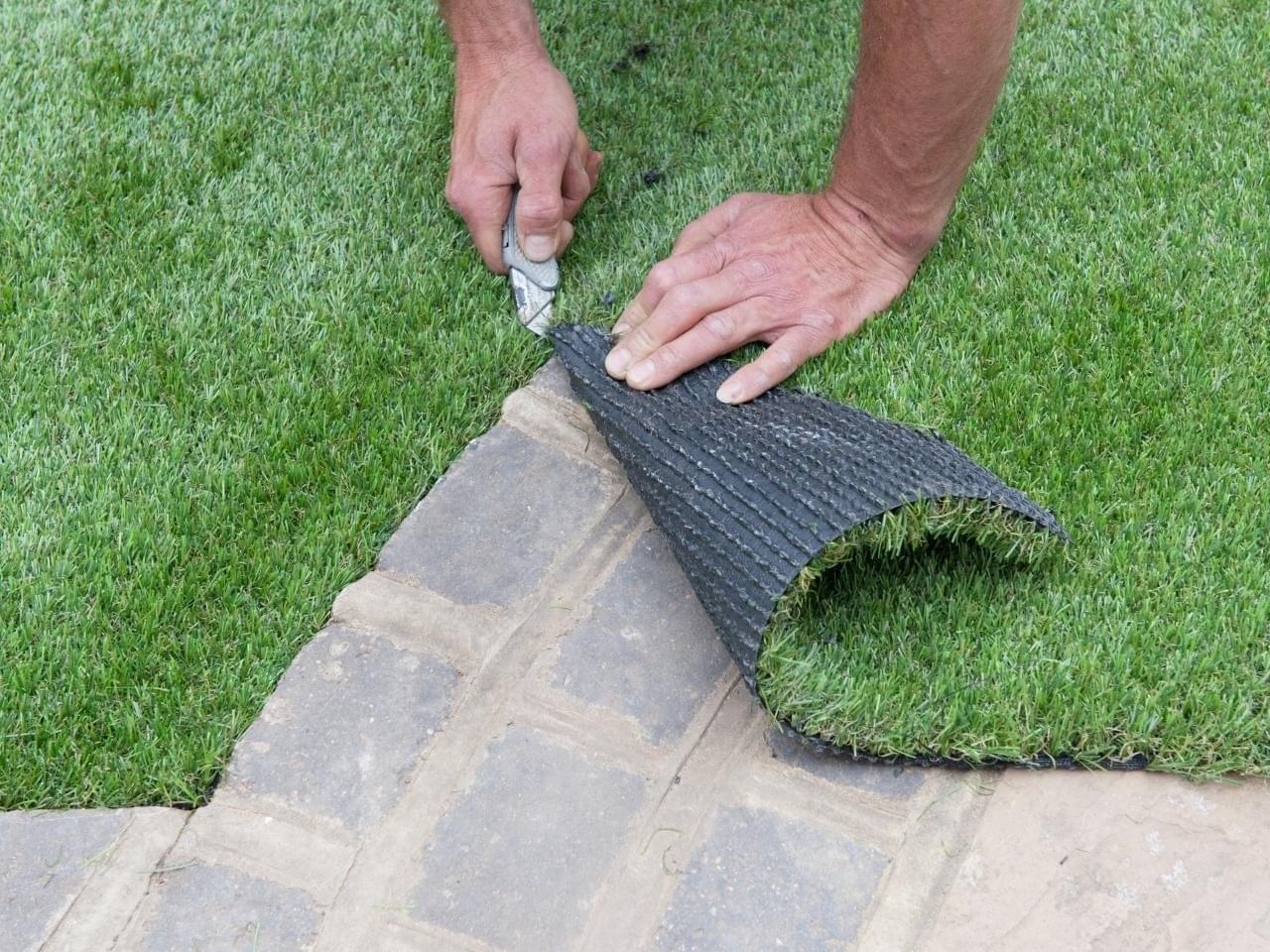
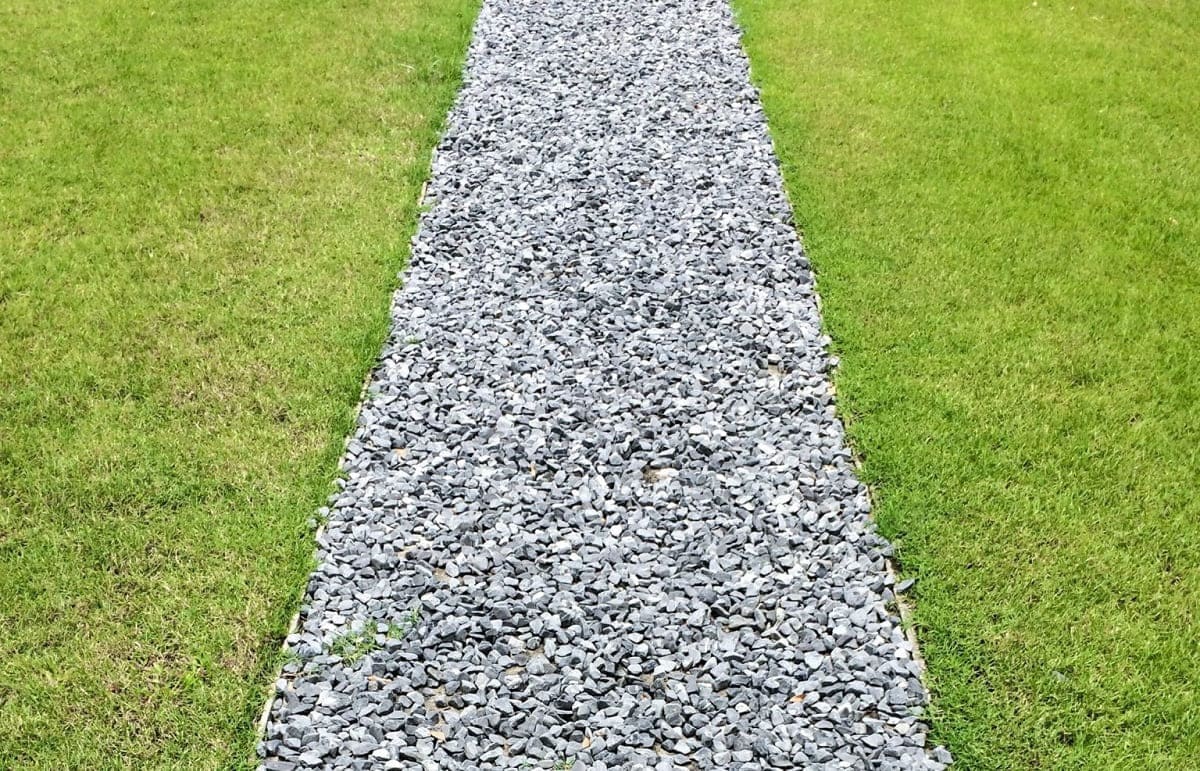
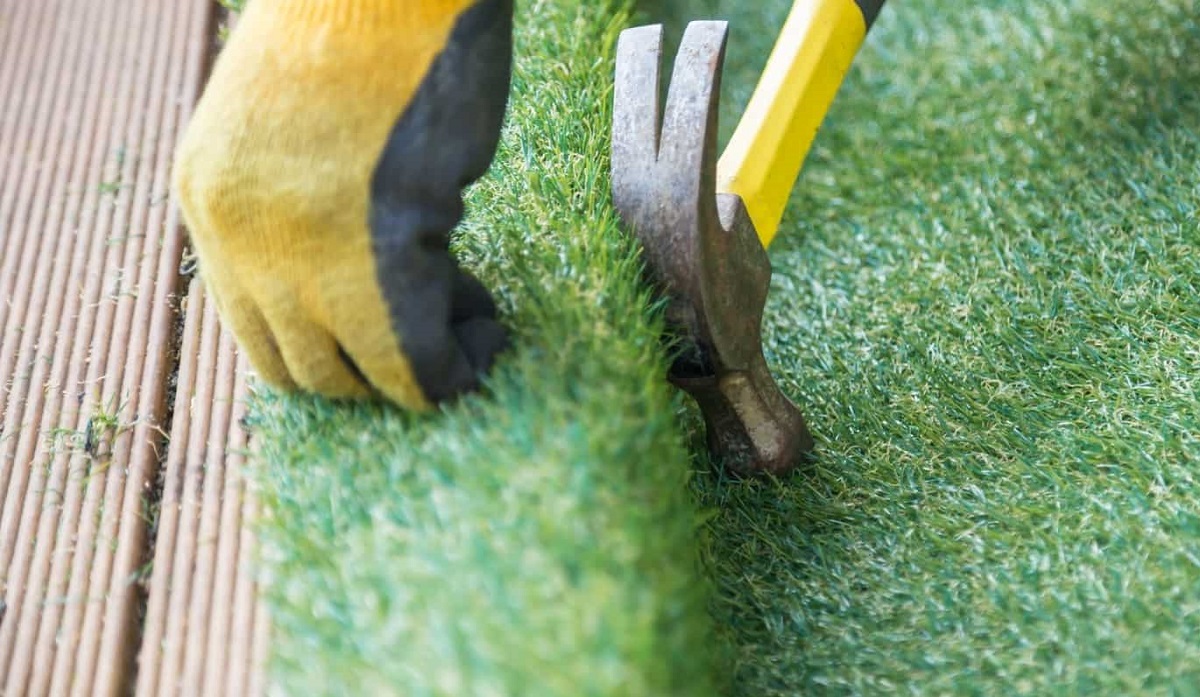
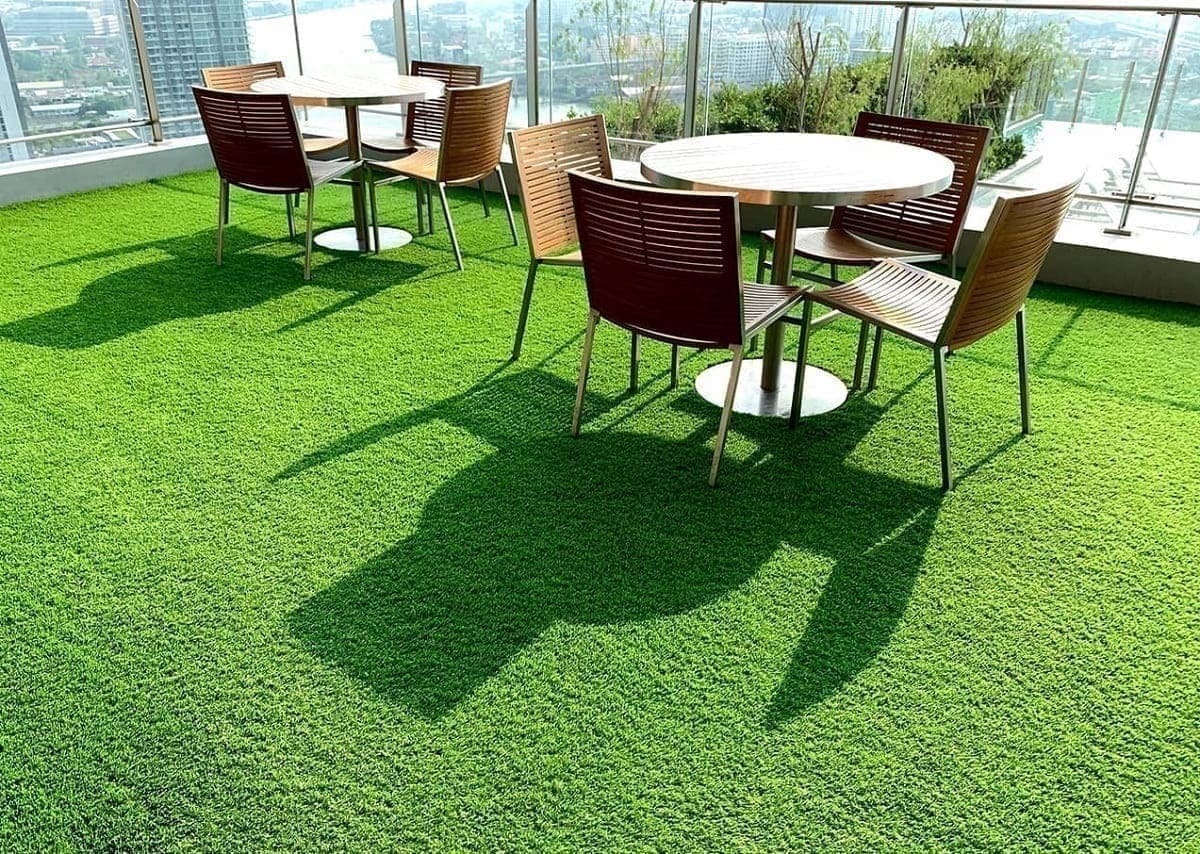

0 thoughts on “How To Keep Fake Grass Cool”